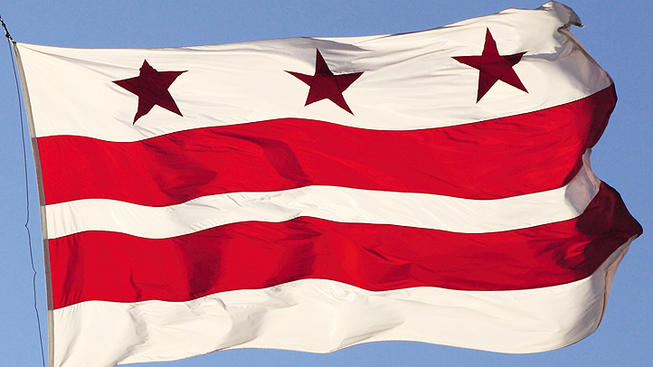Blog Post
DC Poised to Join Maine and Vermont: Your Right to Vote Cannot be Taken Away Once Eligible

The fight to end felony disenfranchisement has finally reached the District of Columbia. On June 4, 2019, the DC City Council in a unanimous move introduced the Restore the Vote Amendment Act of 2019, legislation that would restore voting rights to currently incarcerated individuals. The District of Columbia currently has immediate restoration of your voting rights upon release from incarceration. However, this bill would allow incarcerated individuals to vote while incarcerated. If approved, DC would join the ranks of Maine and Vermont – the only states that never take away voting rights, even after incarceration. The bill, once signed by the Mayor, would take effect on January 1, 2021.
Felony Disenfranchisement is a collateral consequence of being convicted of a felony. Collateral consequences are disqualifications, sanctions, and restrictions that are attached to a person because of their criminal history, that affects communities and impedes the lives of returning citizens. Many people are unaware of the collateral consequences of having a felony conviction and that they last fa r beyond the sentence imposed. These consequences too often include barriers to jury service, access to driver’s licenses, firearm licenses (even when the convicted crime did not include violence), professional licenses, housing programs, and financial aid. Felony Disenfranchisement, in particular, is a collateral consequence that impacts our democracy by silencing the voices of communities across the nation. By introducing the Restore the Vote Amendment Act, the D.C. Council is sending the message that people with felony convictions are still people who are still deserving of civil rights.
r beyond the sentence imposed. These consequences too often include barriers to jury service, access to driver’s licenses, firearm licenses (even when the convicted crime did not include violence), professional licenses, housing programs, and financial aid. Felony Disenfranchisement, in particular, is a collateral consequence that impacts our democracy by silencing the voices of communities across the nation. By introducing the Restore the Vote Amendment Act, the D.C. Council is sending the message that people with felony convictions are still people who are still deserving of civil rights.
Being a person that was formerly incarcerated myself, the only time I didn’t vote was during my incarceration. I know better than most the importance of being able to vote with a felony conviction. Growing up in a household that placed significant emphasis on the importance of voting, I have always understood the POWER in being able to vote and having your voice heard. I am an active voter – having voted in every election ever and became eligible to vote. During my incarceration, I was grateful that as a resident of the District of Columbia I would not be permanently disenfranchised.
The thought of excluding incarcerated individuals from voting is an outdated policy. Incarcerated individuals should have the right to vote on matters that will undoubtedly affect their friends, family, and loved ones back home and eventually themselves upon their release. The D.C. council’s decision to restore voting rights to incarcerated individuals, effectively ending the practice of felony disenfranchisement, is a move in the right direction. City Council just moved DC to the front of the line and into the new millennium with this move. Well Done!